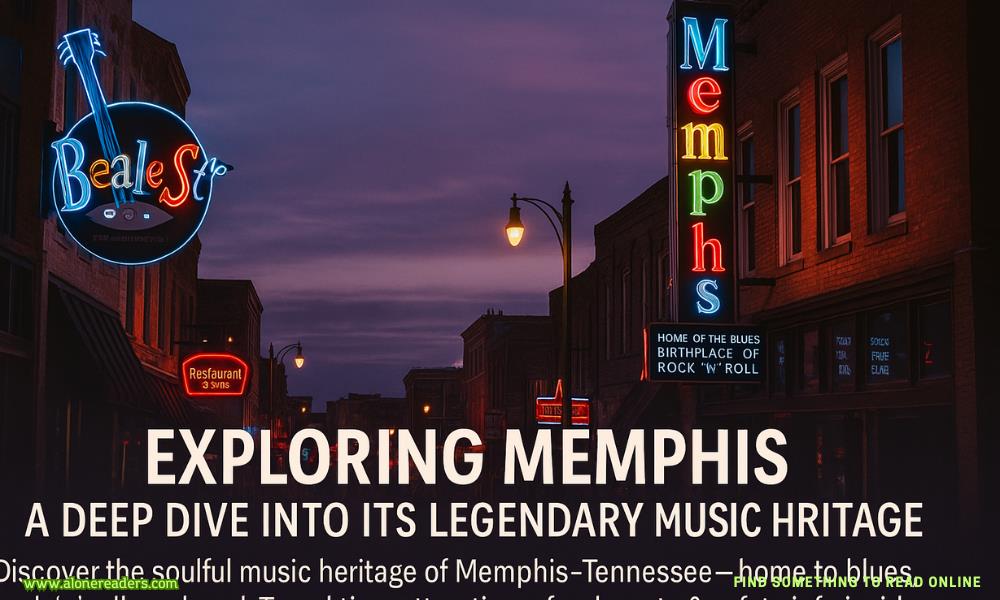Page 2 of Kill Your Darlings
After dinner, while Marcia cleaned the dishes, the rest of theguests, all except Sally, who’d left early, moved in front of the fire in the living room. Thom doled out drinks: whiskey for Don and Roger, a rusty nail for himself, while Wendy bailed Emily out of having to drink something so strong by suggesting they open another bottle of wine. Time sped up, the way it does at the end of a party, and suddenly Roger was doing his most famous party trick, reciting all of “The Love Song of J. Alfred Prufrock” while doing his Christopher Walken impression. Thom had managed to work his way onto the sofa next to Emily. He was very drunk, the most drunk Wendy had seen him in months, at least publicly. His voice was louder, he was swearing more. She wondered if he’d do something foolish, like make an actual pass at the thirtysomething administrative assistant, but she didn’t think he would. Years of drinking and socializing had taught him what lines not to cross.
“What are you working on now, Thom?” Marcia asked, having now joined the group after finishing the dishes. She was drinking a can of grapefruit seltzer water.
“I’m writing a mystery,” Thom said, then shrugged as though he’d said something ridiculous.
“Oh yeah?”
“Well, we’ll see about it. I think it’s a mystery story. It has a murder in it.”
“Tell us about it, Thom.”
Wendy listened intently as Thom explained that he wasn’t willing to divulge any details yet. But even without details, gooseflesh had broken out along both her arms at this new information that Thom was writing a book. A book with a murder in it.
Wendy excused herself, knowing she wouldn’t be missed, and went upstairs to their bedroom. The sweater she was looking for was draped across the chair on her side of the bed, and she wrapped it around herself. All Aprils in New England were cold but this particular one was breaking her heart; day after day of forty degrees andsporadic rain. She started back down the stairs but there was a pause in the jazz record that was playing and she could hear that Thom was still talking at length. She reversed course, deciding with sudden certainty that she needed to find out about this book.
In Thom’s office she opened his laptop up and punched in his password, the same one he’d had for many years. There was an array of open browser tabs, but Wendy wasn’t interested in those. She went to his writing folder and found his latest Word document, titled “WIP” for “work in progress,” and opened it up. Thom had created a title page already:
Come End of Summer
a novel of suspense
by Thom Graves
Wendy scrolled to the next page and found an epigraph.
And the thought that, after all, he had not really killed her.
No, no. Thank God for that. He had not. And yet... had he?
Or, had he not?
—Theodore Dreiser,An American Tragedy
She didn’t need to keep reading. The quote, alone, had made her instantly sober. And furious. She decided to keep scrolling and read the first paragraph of the book, enough to know that Thom was writing some version of their own story, a story they had agreed wasneverto be shared with anyone. A story the world could never know. His novel began:
He saw her in Bryant Park, dusk of a summer night, the city parting its shoulders to facilitate her grand re-entrance into his life. Shemust have seen him, as well, because before he had a chance to extinguish his cigarette, to re-order his mind and body, she was there in front of him, jacket collar quivering, a threat to the tranquility he had created in the ten years since last they’d met.
“Blech,” Wendy said out loud, mainly in response to the prose. For a moment Thom’s words had distracted her from the realization of what he’d done, what he was doing. They’d grown apart over the years, but Wendy believed,hadbelieved, that the one thing that cemented them together was a commitment to never speak of the past. Their sins were private sins. It was Thom who saw the world through books and movies, who once upon a time had said that they were like Fred MacMurray and Barbara Stanwyck inDouble Indemnity. They had boarded a train together and there was no getting off, all the way to the final stop. Wendy had also believed that no one else would ever be allowed on that particular train, not friends or priests or other lovers. And their story wasn’t for books either.
What was he thinking?
Back downstairs the album had ended, and the guests were searching for coats. Thom was at the bar, pouring himself another drink, then turned around to scowl at the deserters.
“Is he going to be all right?” Roger said to Wendy at the door, which was rich, considering his own husband was currently weaving his way toward a collision with a rosebush.
“He’ll be fine. He won’t remember a thing.”
Wendy picked up Emily’s scarf, which she’d dropped to the floor while struggling with her winter parka. “Here you go. How did you get here? Are you driving?”
“Marcia’s driving me home,” she said.
“Oh, good. Our only sober guest. It was nice meeting you.”
“Maybe we could get together,” Emily said, the words coming fast, like a Band-Aid being ripped away. “We could talk about poetry.”
“Yes, I’d like that,” Wendy said, wondering if her voice sounded as bemused to Emily as it did in her own head.
Everyone left, and Wendy let Thom pour her another glass of wine she wasn’t planning on drinking. But they sat together and listened to side two ofLive at the Pershing. “Party poopers,” Thom said.
- The Prince's Secret Twins by Elizabeth Lennox
- Tangled Desires by Tory Baker
- At the Edge of Surrender by A.L. Jackson
- A Touch of Fate by Cora Reilly
- Untouchable Love by Lucy Darling
- After Hours by Caitlin Crews
- Shelter from the Storm by Mari Carr
- Someone Knows by Vi Keeland
- Hawk by Fiona Davenport
- The Silencer by Brooke Summers
- The Beat of her Heart by Emily Hayes
- The Neighbor's Son by K. Webster
- Vasily the Hammer by C.B. Alice
- Convenient Vows by D.C. Beks
- Wrapped in Silver by Sara Vice
- Ruined By Capture by Sherry Blake







